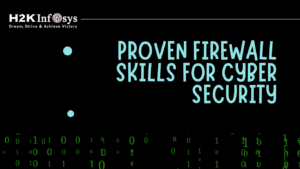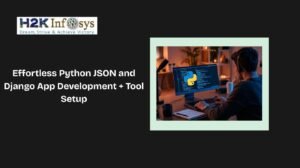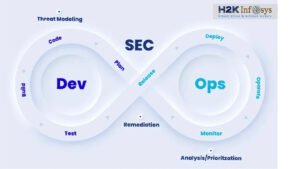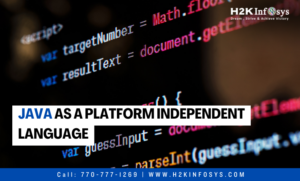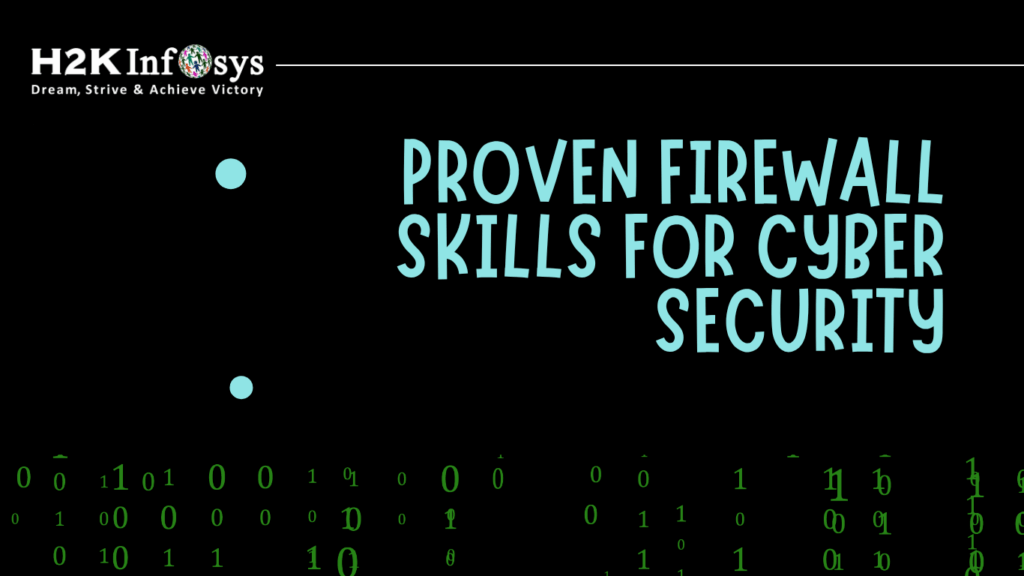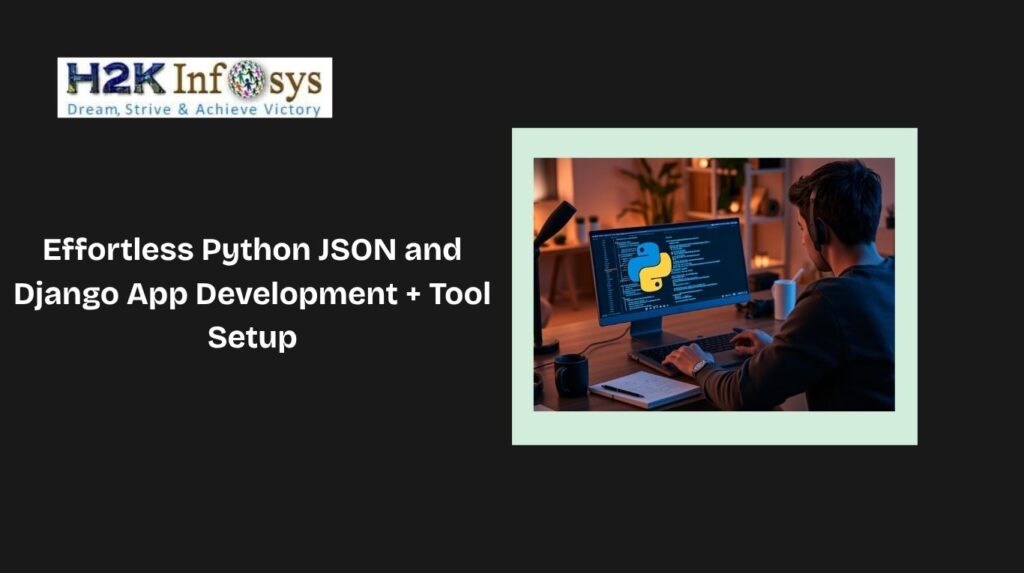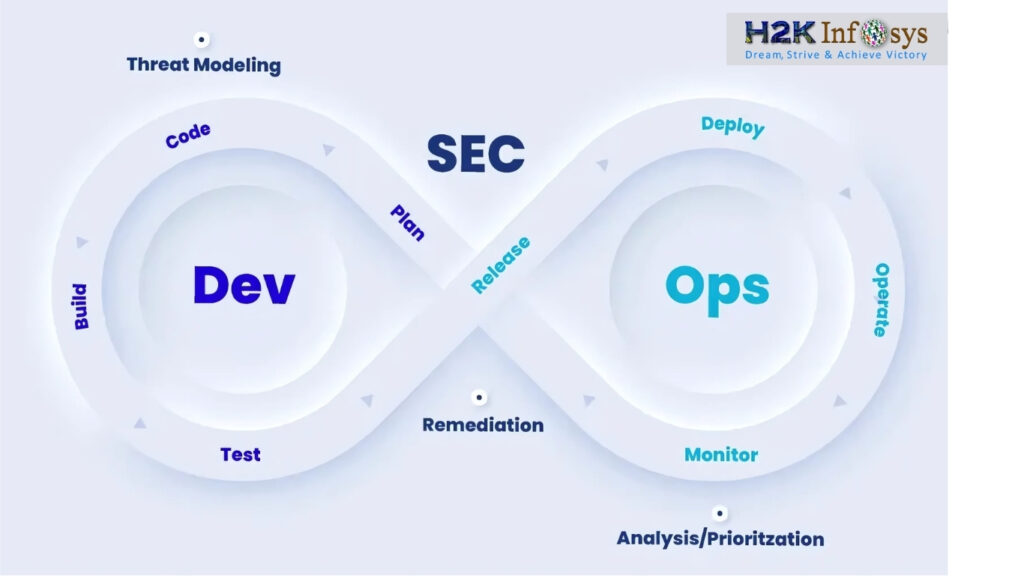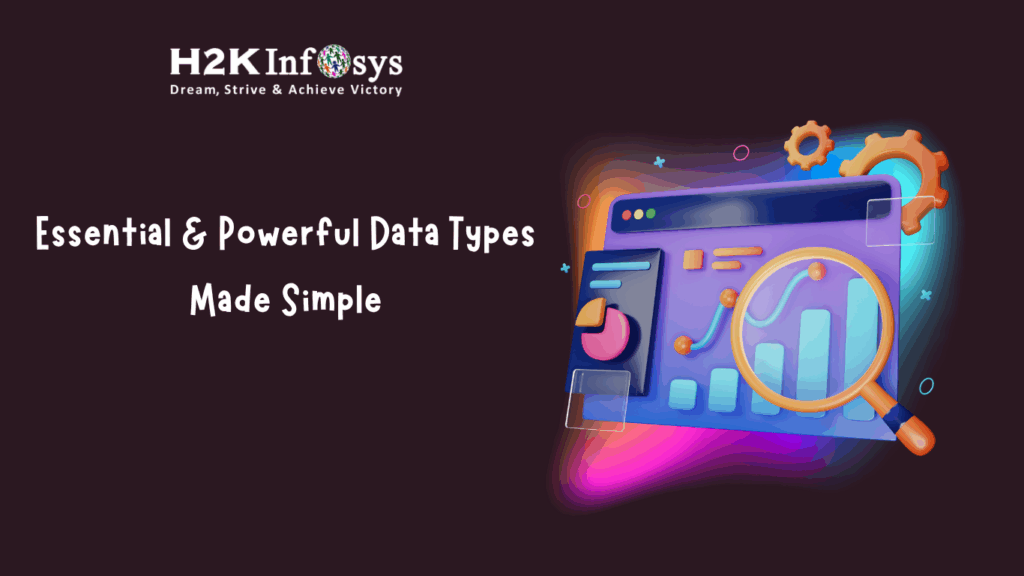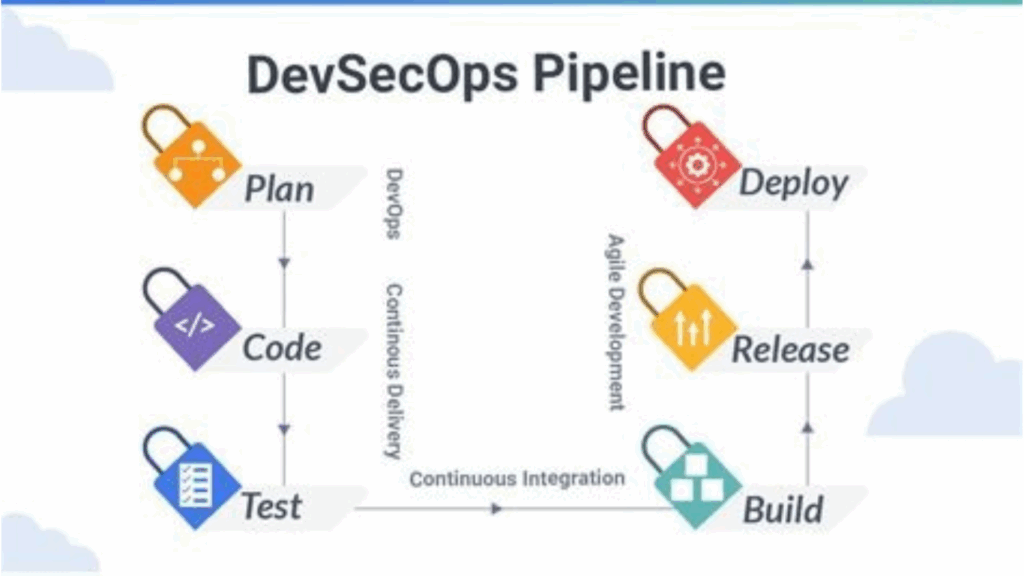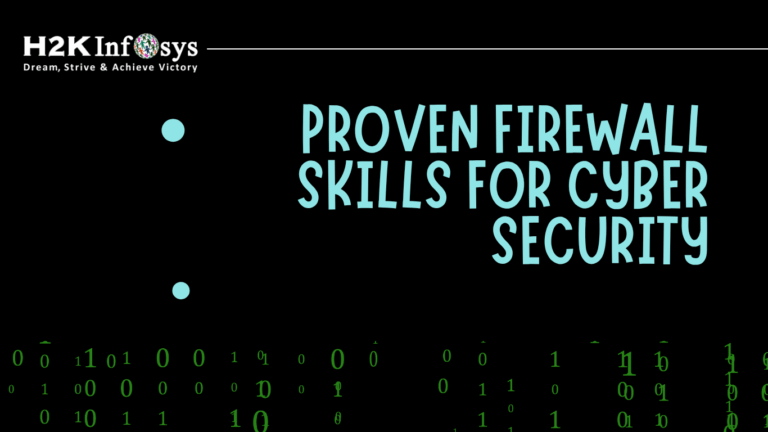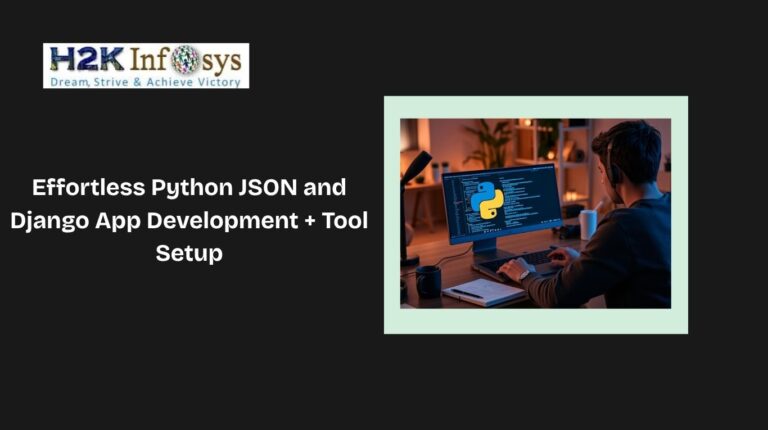Object Relational Mapping is the abbreviation for the ORM framework. It maps the data between the database and object-oriented program. ORM framework is written in an object-oriented language and is also virtually wrapped around the relational database. There are many ORM frameworks.
Mainly the ORM frameworks generate objects that virtually map the tables in a database. Then we programmers will use these objects to interact with the database. So to try and shield the programmer from writing the optimised SQL code the ORM will be generated objects that take care of what we have
Database
The database has two tables
Clients
Products
The ORM framework will be created for corresponding objects which handle all the database interactions. We have to add a new client to the database and just can use ORM client’s_objects to add the new client. For example
client = new clients_object(“Stefan”,”Mischook”);
client.save();
Advantages of ORM framework:
- Harmonisation of data types that is between the OO language and SQL database. The Relational databases will use data types for each of the fields like int, small int, blob, char etc. Sometimes we have to convert the data types on the fly properly and add a record database.
- Using the ORM will create a consistent codebase for our application since much of the code that is used to interact with the database will be PHP, with NoSQL code to mess up the things.
- ORM frameworks will shield the application from the SQL injection that attacks as the framework will be filtering the data for us.
- Database Abstraction As a little hesitant to make it as over the 10-15 years we have only seen it once where we switched databases on an application. ORM will make this much easier as it takes care of writing all the SQL code, datatype conversion etc.
The ORM will become more useful as the size and complexity of the project will increase. As just a simple database with 5 tables and 5-6 queries setting up an ORM framework may workout.
ORM framework can do things like
We have 3 programmers on a web application
Our database consists of 10+ tables
We have say 10+ queries to make.
ORM frameworks will not do:
ORM framework will allow us to forget SQL and never have to look back again. When we jump into the ORM world we will find that 80-90% of the queries can be handled by the ORM generated objects. It will be inevitable that some point needs to drop down and use some SQL like query language. ORM frameworks will own their *QL query language like SQL.
ORM works on objects the entire methodology is followed by ORM dependent which is on the object-oriented paradigm. ORM will generate objects that map to tables in the database virtually. As these objects will be up then the coders will easily work to retrieve, manipulate, and delete any field from the table without paying much attention to the language specification. It supports writing complex long SQL queries in a simpler way. It always uses libraries to comprehend the code when we are writing in the form of the objects and also then map it onto the database.
The features of ORM:
- It makes an application independent of any database management system that is being used in the backend and we can write generic queries. Migrating to another database will become fairly a good deal to have an ORM that implements in the project.
- Hassles of coders will be reduced to learning SQL syntaxes that are separately for whichever database supports the application. The coders may shift the focus on optimizing the code and also improving the performance as than dealing with connectivity issues.
- Every possible small or big change can be carried out through ORM as there are no restrictions when we deal with data. For example, JDBC comes with a lot of restrictions on extracting a result-set, processing it and committing it back to the database.
Questions
- What is ORM Framework explain?
- How does the ORM framework work?

